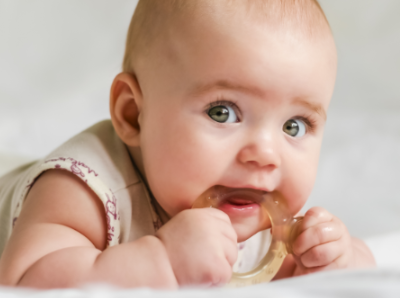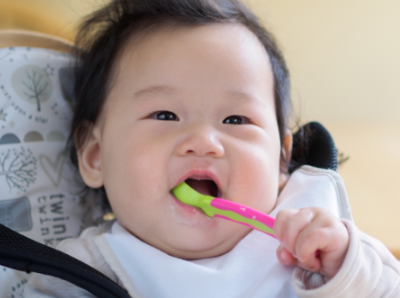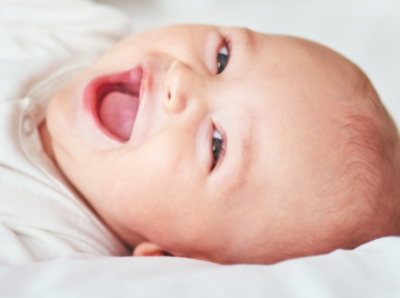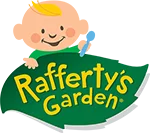
Baby Teething Advice
Teething can be an uncomfortable but exciting time for you and your baby. But there’s ways you can help ease the pain of teething and provide some relief. So, we’ve put together our teething advice guide to help you understand the signs and symptoms of teething, along with some tricks and tips!
When do babies start teething?
Babies can start teething anywhere between 3 to 6 months old and in some cases, teething doesn’t start until after 12 months. Usually by 2 to 3 years of age babies will have a set of about 20 teeth emerge.
How long does teething last?
There’s no universal time for a baby’s teething to begin, so don’t worry if your little one is slightly earlier or later than the most common months above.
Teething signs
Noticing the symptoms that may show your baby is teething is the first step to helping ease their discomfort. Common signs of teething can include:
- Chewing fingers or toys
- Excessive drooling or dribbling
- Mood changes, soreness and swelling of gums
- Refusing to eat or drink
- Not sleeping very well
- Biting when breastfeeding
- Slight elevation of body temperature
These are all mild symptoms that should improve with time. If your baby is extremely distressed, however, contact your doctor for further advice and treatment. Teething symptoms often appear 3-5 days before the first tooth begins to emerge. They should subside once this first tooth has broken through the skin, but in some cases symptoms can continue afterwards.

How to help teething
It’s no surprise that babies struggle with sleep whilst teething, but there’s a few different things you can do to try and help ease the discomfort for your little ones.
- Gentle gum massages
- Give them a clean and cool washcloth to such on
- White noise to help redirect your baby’s attention
- Give them teething rusks or teething wafers
What are rusks?
Teething rusks, also known as teething biscuits, are a type of dry biscuit that dissolve as your baby tries to bite into it, whilst doing so it can help to soothe their gums and ease soreness from teething.
When can babies have rusks?
Most baby teething rusks are made for babies 6+ months old, as this is around the age that most babies are being weaned onto solid foods and is commonly when teething symptoms start. 6 months is when you can introduce rusks under close supervision.
Teething wafers
For an alternative to rusks, opt for teething wafers – made with three or four types of grains and enriched in iron, our wafers come in delicious flavours including banana & pumpkin and blueberry & banana. The perfectly balanced snack to help soothe sore gums and suitable for babies 6+ months old.


How to clean baby teeth
It’s important to begin taking care of your little one’s teeth the moment the teeth begin to emerge. This should be done with care as your baby’s gums may still be swollen and painful.
Clean the teeth and gum region using a soft brush, cotton wool or gauze swab and water. Babies do not require toothpaste until 18 months old.
Teething myths
There are many common myths and misconceptions about teething, a key thing to note is that swollen or tender gums from teething can cause your baby’s temperature to be a little higher than usual – but this shouldn’t result in symptoms such as fever or diarrhoea.
Fever is NOT a common symptom of teething and if your baby shows signs of fever, you should contact your doctor for advice.
It’s also a misconception that teething can cause earaches. If your baby is pulling or rubbing their ear, then it is likely an ear infection.
[Sources]
https://kidshealth.org/en/parents/teething.html
https://www.pregnancybirthbaby.org.au/teething
https://pediatricdentalassociatesal.com/five-myths-about-teething/
https://www.healthline.com/health/baby/how-to-soothe-a-teething-baby-at-night
https://www.health.nsw.gov.au/heal/Publications/starting-family-foods.pdf
https://www.betterhealth.vic.gov.au/health/conditionsandtreatments/teeth-development-in-children







